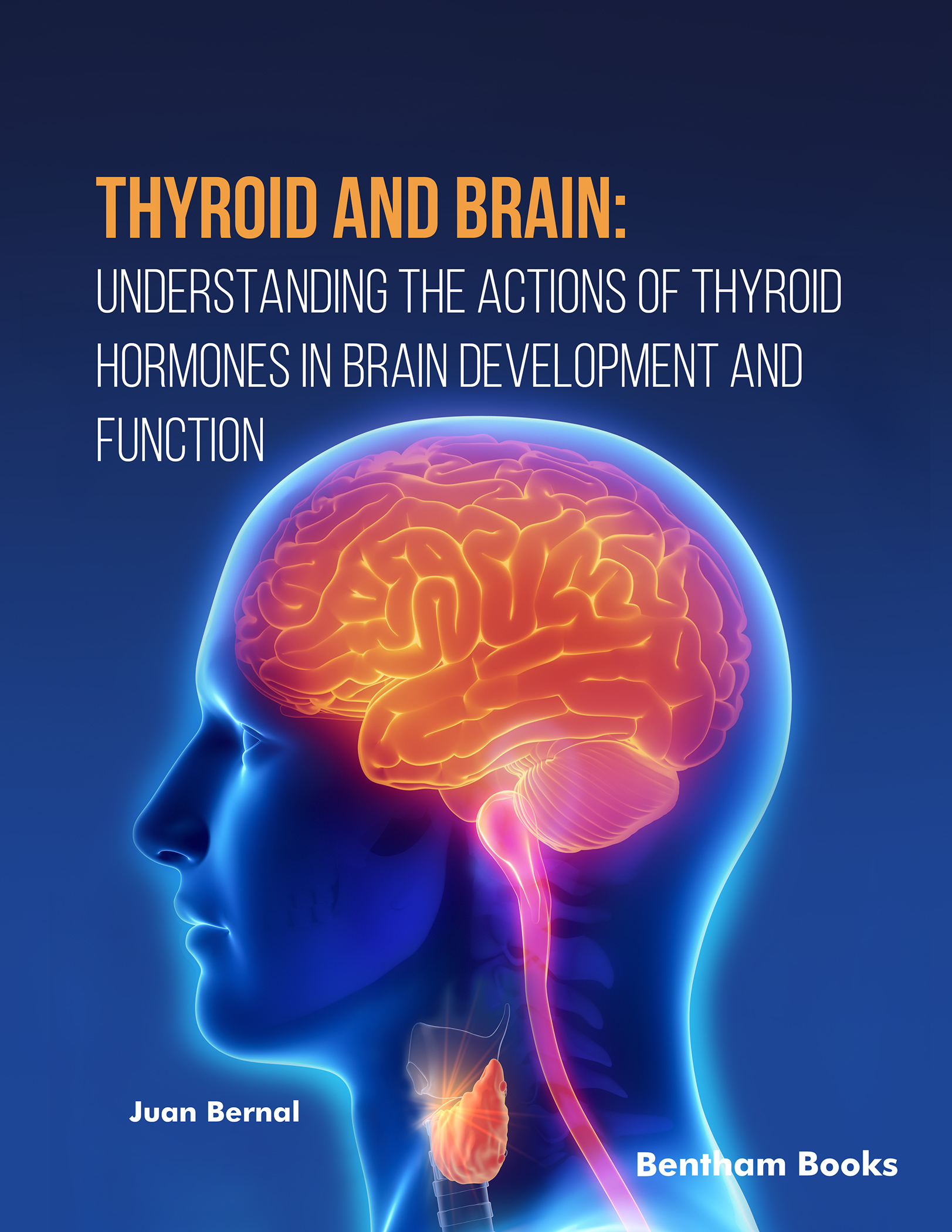Mechanisms of Thyroid Hormone Action on Adult Neurogenesis

- By Juan Bernal1
-
View Affiliations Hide Affiliations1 Sols Morreale Institute for Biomedical Research, Consejo Superior de Investigaciones Cientficas, Madrid, Spain
- Source: Thyroid and Brain: Understanding the Actions of Thyroid Hormones in Brain Development and Function , pp 258-265
- Publication Date: September 2024
- Language: English
In adult mammals, neurogenesis persists throughout life in two active sites: the ventricular-subventricular zone along the lateral ventricles and the subgranular zone of the hippocampus. In rodents, postnatal neural stem cells with astrocytic properties, originating from embryonic ventricular radial glia, generate a continuous, lifelong supply of neurons for the olfactory bulb and glia for the corpus callosum. Thyroid hormones play a regulatory role in this process. In humans, ventricular neurogenesis is minimal, but hippocampal neurogenesis extensively remodels the dentate gyrus, influencing memory and mood. Hippocampal neurogenesis begins with stem cells in the dentate gyrus subgranular layer, generating a sequential lineage of intermediate precursors and neuroblasts. These neuroblasts migrate to the granular layer, differentiate into granular cells, and integrate into the existing dentate gyrus neuronal pool. Thyroid hormone specifically regulates the late stages of this process, promoting the terminal differentiation of neuroblasts and facilitating their functional integration. Hypothyroidism disrupts hippocampal neurogenesis, impacting learning, memory, and mood. The intricate regulation of adult neurogenesis by thyroid hormone highlights their crucial role in maintaining cognitive and emotional functions.
-
From This Site
/content/books/9789815274226.chapter-13dcterms_subject,pub_keyword-contentType:Journal -contentType:Figure -contentType:Table -contentType:SupplementaryData105

